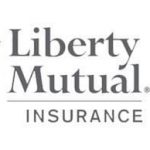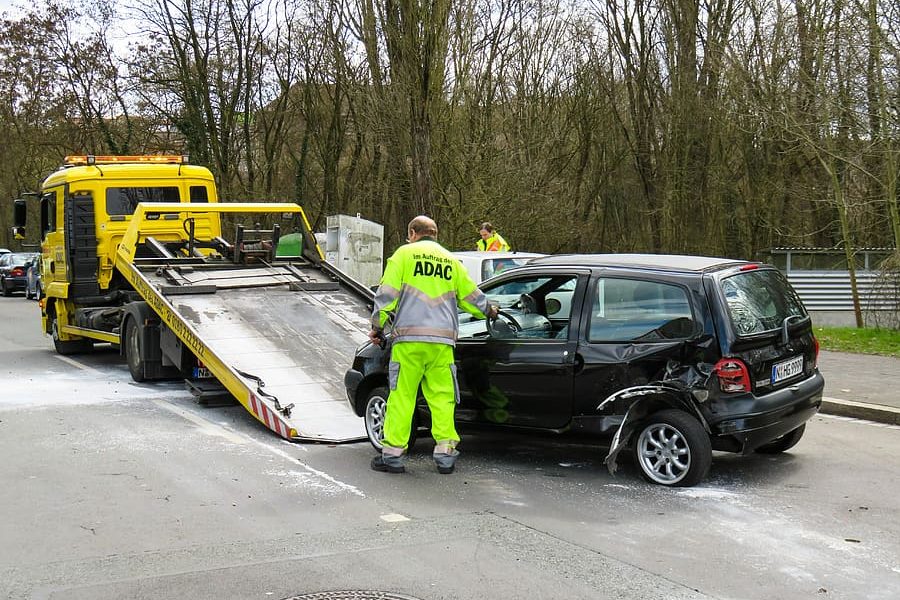Commercial tow truck insurance is designed to safeguard businesses that earn revenue by towing disabled vehicles. This guide will provide towing business owners and contractors with essential information regarding the acquisition of tow truck insurance, including coverage details, policy structures, insurance rates, and tips for comparing providers.
Top Tow Truck Insurance Providers
Before diving into specifics about how this insurance functions and what factors to consider, here’s a brief overview of some top-rated insurance providers in the towing industry:
Progressive
Ranked #1 in Tow Truck Insurance
Best Overall

Liberty Mutual
Ranked #2 in Tow Truck Insurance
Runner-Up

Prime
Ranked #3 in Tow Truck Insurance
Best for Repossession Towing
Keep in mind that by clicking the links above, you will be directed to one of our insurance partners. Availability of the listed companies may vary.
Understanding Tow Truck Insurance
It is essential for towing operators to be informed about the types of coverage mandated by state and federal regulations, as well as their business’s specific insurance needs. This guide will begin with a summary of coverage options, costs, and legal requirements associated with commercial tow truck insurance, followed by key considerations when selecting an insurance provider and our top recommendations.
What is Tow Truck Insurance?
Tow truck insurance encompasses various commercial auto insurance policies that offer both financial and legal protection for companies engaged in the towing industry. This insurance typically covers bodily injury, property damage, and additional coverage for vehicles being towed and stored. Since tow trucks are employed for business purposes, they are excluded from personal auto insurance policies.
Given the unique risks associated with tow trucks—responsibility for not only their own vehicles but also for those they tow—coverage is generally more specialized compared to standard commercial auto insurance policies. This guide will provide insights into how tow truck insurance operates, the types of coverage available, and essential factors when choosing an insurance provider.
How Does Tow Truck Insurance Work?
All towing businesses, regardless of size, must maintain a tow truck insurance policy, which covers a range of services offered, including roadside assistance and repossession. Business owners are responsible for selecting coverage that protects drivers, vehicles, and any potential liability arising from towing operations. When determining a policy, it’s crucial to understand various elements, such as:
- Policy Coverage: Incidents and damages covered by the insurer.
- Deductible: The out-of-pocket amount a business must pay before the insurer contributes.
- Policy Limit: The maximum payout by the insurer for covered incidents.
- Monthly Premium: The cost of the policy each month.
- Claims: Requests for compensation under the policy due to covered incidents.
Insurance policies often include several coverages tailored to the specific risks faced by towing businesses and emcompass various incidents that could result in financial loss or legal liability.
What Does Tow Truck Insurance Cover?
A typical tow truck insurance policy comprises multiple coverages that can protect various entities associated with a towing operation. This includes coverage for the driver, the tow truck itself, the towed vehicle, passengers, business customers, and property belonging to third parties. Common coverage options include:
- Bodily Injury Liability: Covers expenses arising from injuries to others caused by the insured’s actions.
- Property Damage Liability: Covers damages to others’ property during a covered incident.
- Medical Payments Coverage: Provides compensation for medical bills incurred by injured drivers or passengers.
- Physical Damage Coverage: Covers repairs to the insured’s vehicles damaged in accidents.
- Uninsured/Underinsured Motorist Coverage: Protects against losses resulting from uninsured or inadequately insured drivers.
Each coverage type carries specific exclusions, which are incidents or types of cargo not covered. Understanding these exclusions is vital to ensure comprehensive protection for towing operations.


